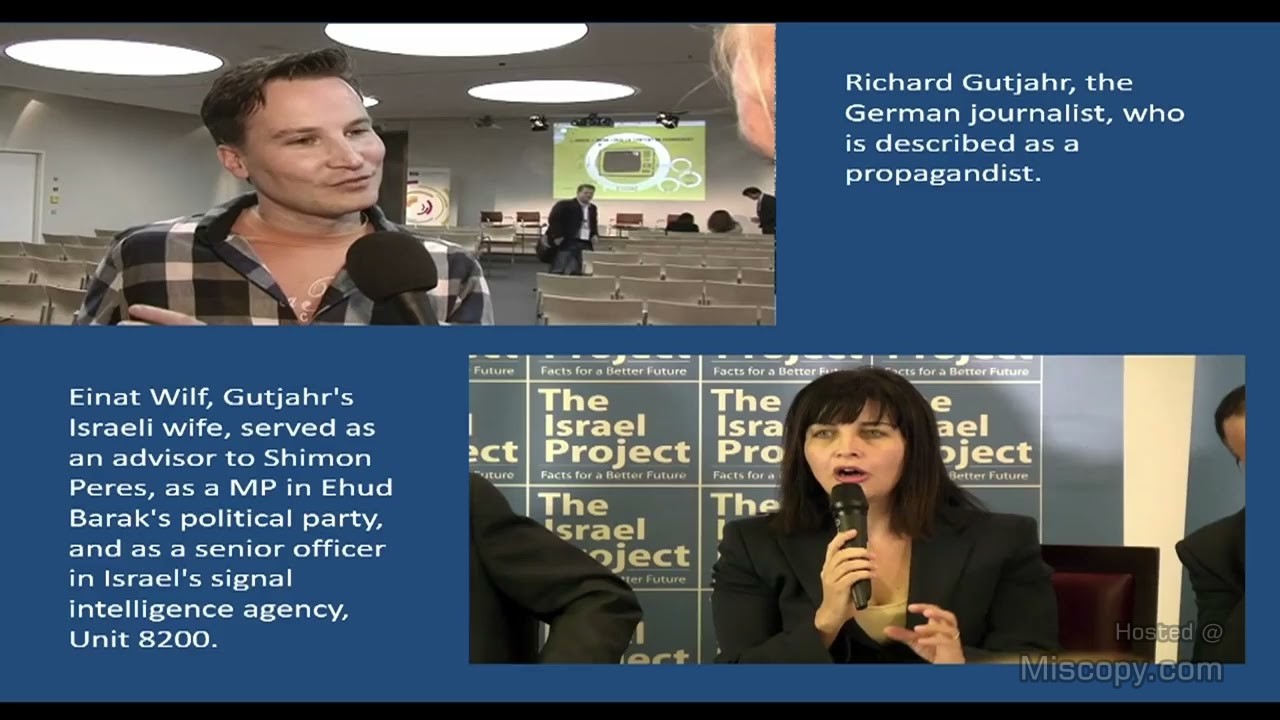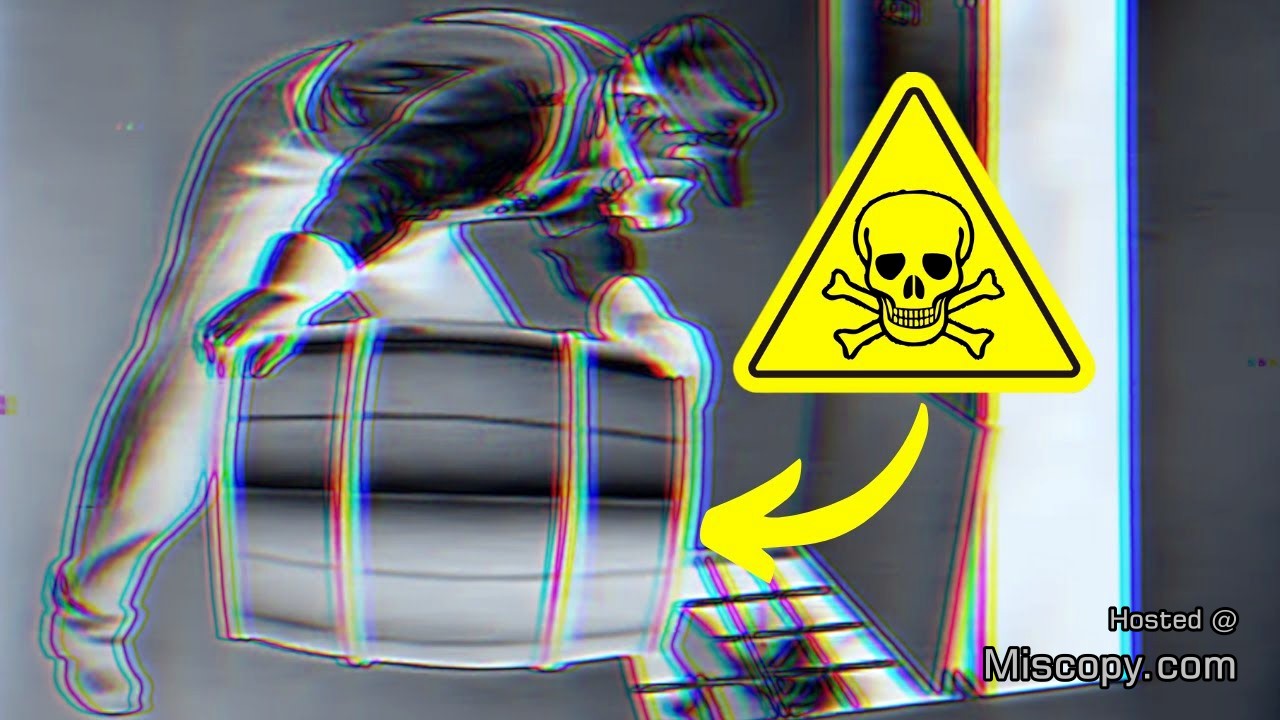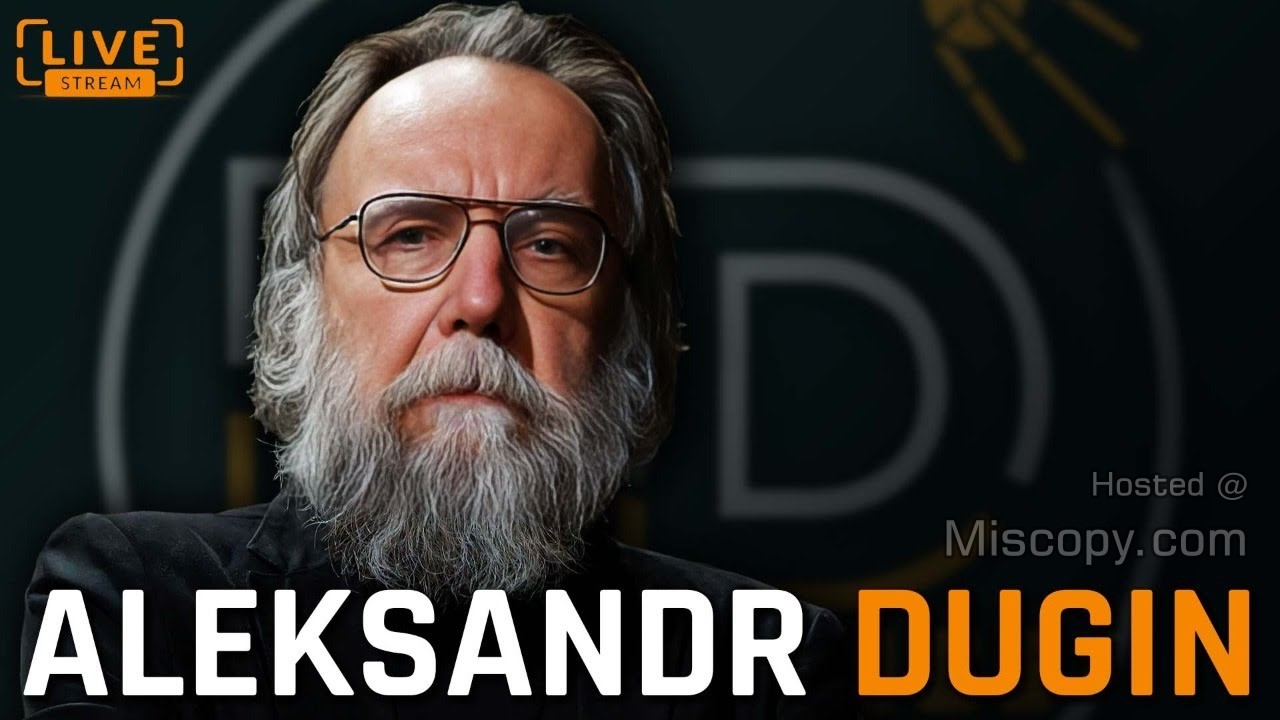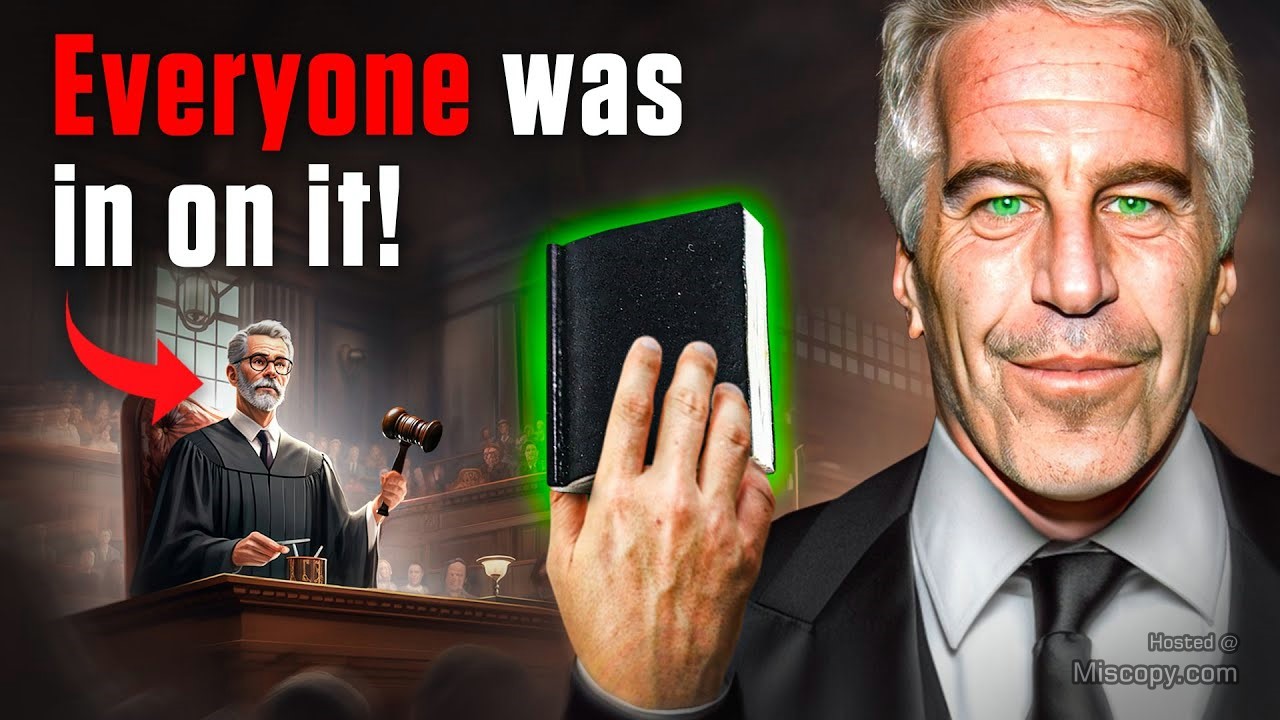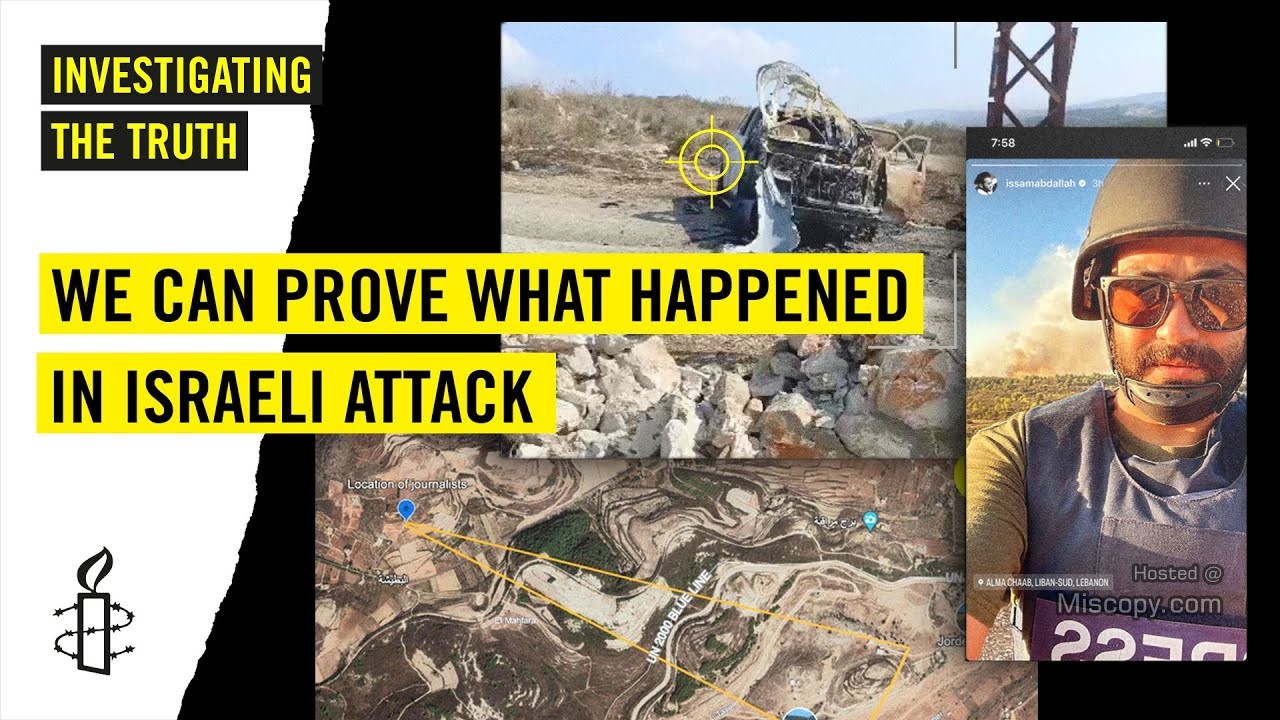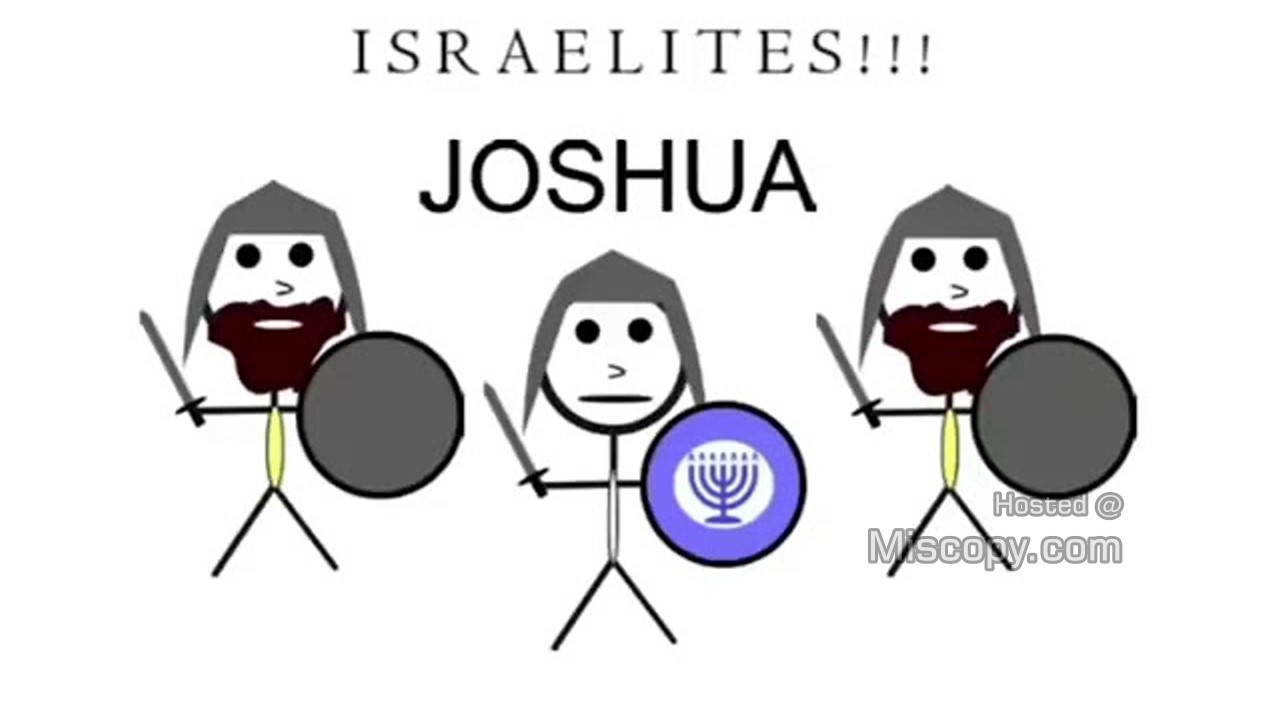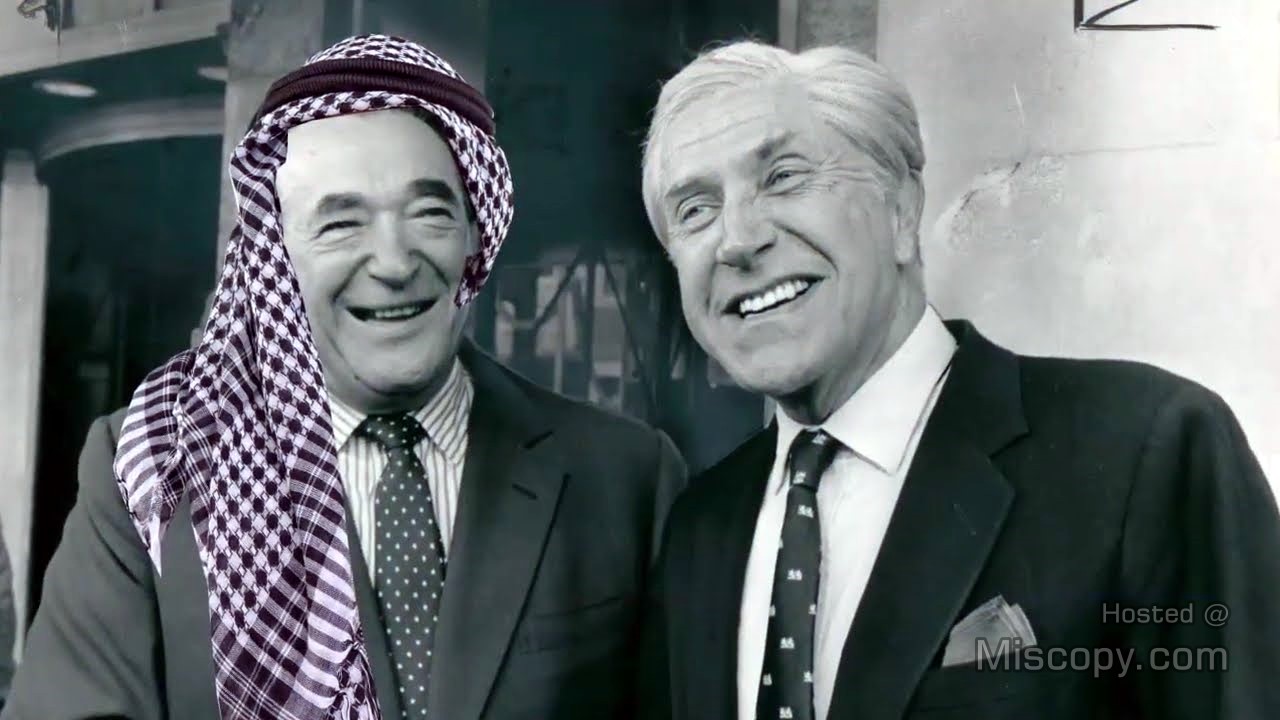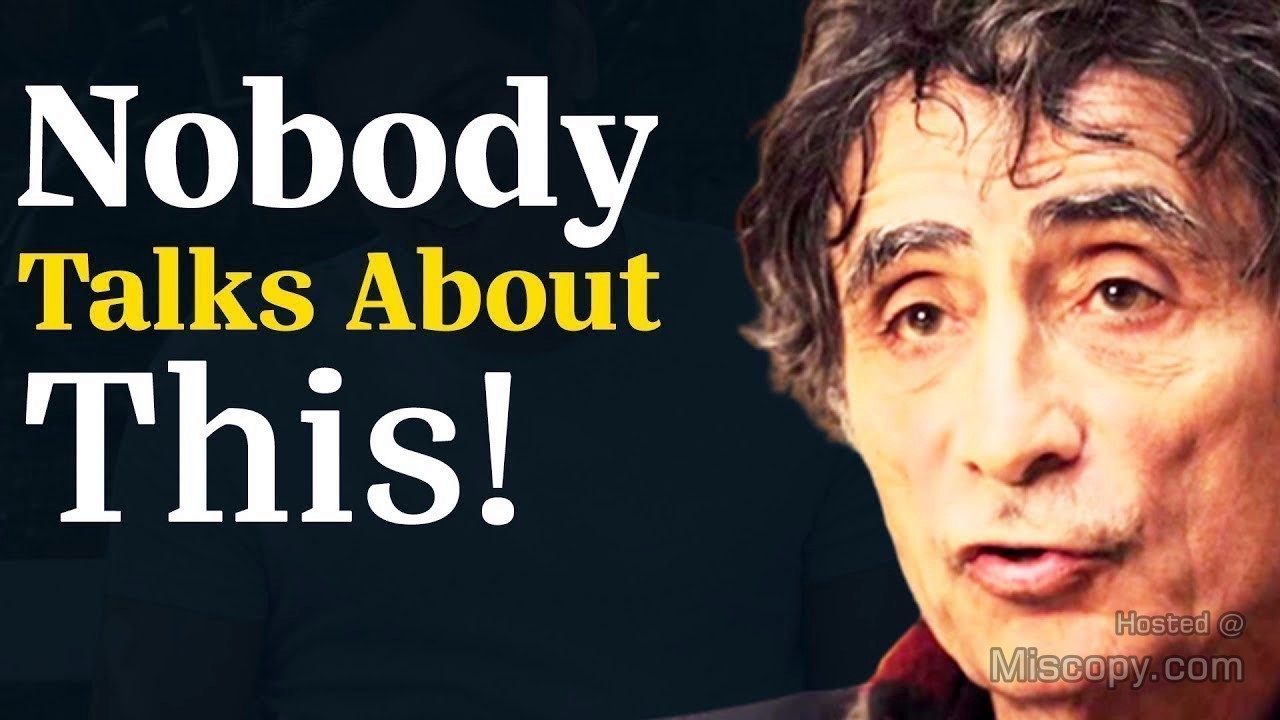In this YouTube video Christopher Bollyn discusses the deception behind the 9/11 attacks and the subsequent war on terror. He argues that 9/11 was a hoax designed to initiate the war on terror, resulting in the loss of millions of lives and trillions of dollars. Bollyn emphasizes the need to expose this dual deception and put an end to the war. He also discusses the connection between the war on terror and Zionist interests, highlighting the role of Israel in fragmenting Arab states in the Middle East. Bollyn presents evidence of Israeli involvement in the 9/11 attacks and the war in Syria. He concludes by implicating Benjamin Netanyahu and other Jewish neocons in the construction of the 9/11 attacks, linking the evidential trail back to the Israeli government.
Christopher Bollyn also discuss the role of influential figures like Rupert Murdoch in controlling the media narrative. Additionally, the speaker highlights the involvement of Mossad and Israeli companies in airport security, as well as the inconsistencies and anomalies surrounding the collapse of the World Trade Center towers. Overall, the speaker suggests a dual-deception, where the narrative of 9/11 and the War on Terror is carefully controlled to serve specific interests and calls for people to seek genuine peace and resist the fraudulent war.
Israeli Connection to 9/11 and Fraudulent War on Terror
Christopher Bollyn begins by discussing the artificiality of American politics and the control of the media by a small number of corporations. He highlights the lack of reporting on important issues such as the war in Syria and the excessive spending on the war on terror. Bollyn argues that the United States is in a predicament and that there is a need for people to understand that 9/11 was a hoax designed to initiate the war on terror. He emphasizes the importance of exposing this dual deception and bringing an end to the war.
He argues that 9/11 was carried out to initiate the war on terror, which has resulted in the loss of millions of lives and trillions of borrowed dollars. The speaker emphasizes the importance of resisting this criminal war agenda, as failure to do so would be a betrayal to the nation. They also highlight that the government and media continue to lie about the events of 9/11, suggesting that they are controlled by the same people responsible for the attack.
Christopher Bollyn then discusses the link between the 9/11 attacks, the war on terror, and the Zionist agenda. He argues that 9/11 was a false flag event designed to push forward the Zionist war agenda and establish Jewish supremacy. Bollyn presents evidence of the connections between individuals involved in the attacks and Israeli intelligence, highlighting the role of Richard Gutjahr and his high-level Israeli intelligence officer wife. He also mentions the meeting of Israeli Chief of Staff, Uhaul Eisen Mofaz, with prominent neoconservatives in the Pentagon. Bollyn further discusses the invasion of Afghanistan and the subsequent occupation of Iraq, which he claims were part of the bigger plan to destabilize and control the Middle East. Citing General Wesley Clark’s statements, Bollyn suggests that the ultimate goal was to target seven countries, with five of them already being accomplished. Overall, Bollyn argues that the war on terror was a means to fulfill an unknown plan driven by Zionism and Israeli interests.
Christopher Bollyn goes on to discuss the Israeli plan to fragment Arab states in the Middle East, which was articulated in a paper published in 1982. This plan involves breaking up the states along ethnic and confessional lines, similar to what happened in Yugoslavia in the 1990s. Bollyn explains that Iraq, Syria, Libya, and Sudan have already been fragmented, and the ultimate goal is to establish Jewish military and economic hegemony over the entire Middle East. He highlights the complicity of the American government in this plan, citing a 1948 document written by the US Joint Chiefs of Staff that acknowledged Zionist objectives. Bollyn also mentions an email written by Hillary Clinton in 2012, where she states that using American force in Syria would help Israel. This, along with statements made by current Secretary of State John Kerry, suggests that the United States is actively involved in fragmenting and destroying countries like Syria for the benefit of Israel, and not out of any American interest.
Christopher Bollyn then discusses the involvement of the US government in funding terrorist militias in Syria, which has fueled the ongoing war. He highlights the fact that many members of these militias wear ski masks to hide their faces, as they are paid mercenaries who have a future career to protect. Bollyn also points out a concerning incident involving Senator John McCain, who illegally entered Syria and met with leaders of a militia that the US was funding. He identifies one of the men McCain met with as Abu Bakr al-Baghdadi, who later became the head of ISIS. Bollyn questions why McCain’s office provided an inadequate response when asked about the identity of the man in the black shirt seen in the photograph. Bollyn also sheds light on the questionable nature of the US war on terror, noting that terrorism has actually increased since 9/11 and is ten times greater in the countries where the US is fighting. He suggests that either the war on terror is counterproductive or there is another hidden agenda at play. Bollyn concludes by implicating Benjamin Netanyahu, the current Prime Minister of Israel, in the design and construction of the 9/11 attacks, along with other Jewish neocons in the Bush Administration, linking the evidential trail back to the Israeli government.
Christopher Bollyn also discusses the connection between Ehud Barak and Benjamin Netanyahu, and how Barak made a public statement on the BBC World before the Twin Towers fell, blaming Osama bin Laden for the attack and calling for a war on terror. Bollyn points out that Barak was Netanyahu’s commander in an Israeli covert Commando force. He also highlights the false narrative presented by the New York Times after the attack, stating that hijacked jets destroyed the Twin Towers and hit the Pentagon, when in fact, there is evidence to suggest that drones were used and no large Boeing jet hit the Pentagon. Bollyn also mentions the ruthless actions of the Israeli state in the past, such as the attack on a US intelligence ship in 1967. He concludes by comparing the cover-up of 9/11 to the conspiracy surrounding the assassination of JFK and the immense cost of the fraudulent war on terror.
Bollyn explains that the War on Terror is essentially an Israeli strategy, promoted by Israeli Prime Minister Benjamin Netanyahu since 1979, to involve the US military and its allies in the Middle East to fight on behalf of Israel. Bollyn points out that Netanyahu wrote books on the topic, claiming that Islamic terrorists were attacking Israel because it was part of the West and therefore the West needed to fight this war. He argues that this is a deceptive way to delegitimize the Palestinian resistance to Israeli occupation. Bollyn also highlights Netanyahu’s statement after the 9/11 attacks, where he said that it would generate sympathy and be beneficial for Israel. Additionally, Bollyn discusses the close relationship between Netanyahu and Larry Silverstein, who owned the three buildings that collapsed on 9/11, and how Silverstein acquired the World Trade Center towers through a privatization scheme.
The speaker also connects the war on terror to the Israeli stratagem and historical figures like Menachem Begin and David Ben-Gurion, who had aspirations for a larger Israel. He emphasizes the extreme nature of the current Israeli government and how acts of terrorism are used to scare people into supporting their aggressive Middle East war policy. The speaker concludes by mentioning the invasion of South Lebanon by Israel and their intention to establish a Christian state there.
The speaker then discusses the actions of a radical Zionist group known as the Shamir group in the late 1940s, including the assassination of a United Nations mediator in Palestine. The group also played a role in the expulsion of Palestinians during the Israeli takeover after the United Nations partitioned Palestine. The speaker connects this history to the current mayor of Chicago, Rahm Emanuel, suggesting he has ties to the “Mohsad” (Mossad) and has been influential in American politics.
The speaker then shifts to discuss the Israeli aviation of 9/11, highlighting a movie made in 1978 featuring a plane crashing into the Pan Am building and another movie made in 2000 featuring a plane crashing into the World Trade Center. These films, produced by Israeli agent Arnon Milchan, are presented as examples of predictive programming. The speaker also mentions Milchan’s involvement in a secret Israeli organization called Lakam, which was involved in smuggling nuclear components from America to Israel. Additionally, Benjamin Netanyahu’s role in the war on terror and the Netanyahu Institute on International Terrorism are discussed, along with a 1980 prediction made by the head of Mossad about terrorism coming to America, specifically New York City.
Milchan and another agent, Avraham Shalom Bendor, tried to secure the security contract for the World Trade Center in 1987, but it was torn up when it was discovered that Bendor was a convicted murderer in Israel. However, they later went to work for Jules Kroll, a business partner of Maurice Greenberg, and their company, Kroll Associates, got the security contract for the World Trade Center after the 1993 bombing. It is also mentioned that the Israelis had prior knowledge of the 1983 bombing of the Beirut barracks but failed to share that information with the Americans. The section ends by discussing how the US, Saudi Arabia, Israel, and Pakistan cooperated to arm and train the mujahideen in Afghanistan, even supporting anti-western groups, in order to create a future enemy for the War on Terror.
Christopher Bollyn then discusses the influence of a man named V Rafia, who used Charlie Wilson’s office as his own and had significant control over lobbying efforts. Bollyn goes on to explain how Arab fighters, known as Afghan Arabs, were trained by Israeli military intelligence, including Osama bin Laden. He mentions a man named Ali Muhammad, who trained bin Laden and set up a terrorist cell in Nairobi. Bollyn then connects the creation of Al-Qaeda and Taliban to the US, Saudi Arabia, and Israel in the early 1980s. He also mentions an article from Foreign Affairs magazine in 1998 that discussed the possibility of catastrophic terrorism coming to America. Bollyn points out that the authors of this report, including Philip Zelikow, went on to play prominent roles in the 9/11 Commission. He also highlights the Project for the New American Century, a group that predicted the need for US military engagement prior to 9/11.
The speaker also discusses how terrorism has been used as a pretext for launching wars and justifying foreign policies. He mentions the 9/11 attacks as the catalyst for implementing long-standing plans and projects. The speaker also highlights the close relationship between Israeli intelligence and ISIS, claiming that the Israeli intelligence outfit, SITE, had access to ISIS beheading videos before they were released. Furthermore, he argues that there is a connection between the Clinton and Bush families through their involvement in the Iran-Contra scandal. The speaker suggests that politicians with a secret Vice or criminal history are often willing to do what they’re told to keep their secrets hidden. He concludes by discussing the fraudulent nature of some ISIS videos and how events like the Orlando shooting are used to draw Israel and the West closer together.
He argues that the American public was duped into supporting the global war on terror through a combination of controlling the investigation, media interpretation, and litigation. The evidence was destroyed, and there was no criminal investigation into the attacks. The speaker also questions the integrity of key figures involved in the 9/11 Commission and their true motivations. He highlights several individuals who played a role in the cover-up, ultimately raising doubts about the official narrative of the events.
He highlights the influence of figures like Israeli Prime Minister Benjamin Netanyahu and media mogul Rupert Murdoch, who played a significant role in shaping public opinion through media ownership. The speaker also points out the involvement of powerful figures like Jacob Rothschild and Cheney Woolsey in the control of resources in places like Kurdistan and the Golan Heights. The speaker raises concerns about media consolidation and the lack of transparency surrounding events like the collapse of Building 7. Additionally, the speaker reveals a potential conflict of interest involving Judge Alvin K. Hellerstein, who oversaw the 9/11 tort litigation, suggesting that the legal proceedings were strategically settled out of court. Overall, the speaker suggests a dual-deception, where the narrative of 9/11 and the War on Terror is carefully controlled to serve specific interests.
The speaker then discusses the involvement of the Mossad company Envy in airport security in Europe and their connection to the 9/11 attacks. The company ICTS, which was responsible for security at Boston, Newark, and Dulles airports on that day, was a defendant in the 9/11 Court litigation. However, the trial ended abruptly with the judge dismissing them as just the parent company. The speaker also mentions individuals involved in the litigation, such as Kenneth Feinberg and Sheila Birnbaum, both high-level Zionist players. They were responsible for distributing money to the families of 9/11 victims, and those who accepted the money had to sign non-disclosure agreements. The speaker highlights the connection between these individuals and their ties to Israel. The judge overseeing the litigation, Michael McCasey, is also mentioned, as he belonged to the same congregation as John Schallerstein, oversaw the 1993 World Trade Center bombing, and facilitated Larry Silverstein’s negotiations with the insurance company. The speaker suggests that the government and media are suppressing evidence that contradicts the official narrative of 9/11 in order to protect the true culprits. The speaker personally realized early on that the government’s story was a lie and began writing about it, eventually relocating to Europe. He shares conversations he had with former German intelligence chiefs who questioned the official narrative and pointed to Mossad as a possible culprit. However, their statements were not published in German magazines due to strict restrictions on discussing such matters in Germany.
Christopher Bollyn also discusses the issue of deception and disinformation in the mainstream media. He explains that journalists often do not question the official version of events and those who do are labeled as crazy or fired from their jobs. Bollyn also highlights some anomalies of 9/11, such as the strange behavior of the hijackers and the peculiar characteristics of the planes that hit the Twin Towers. He suggests that there may have been a missile-like object fired before the plane hit the tower, possibly made of depleted uranium. Bollyn provides evidence of a burning object leaving a trail of dark oxides, which he believes could be a result of depleted uranium.
When discussing the characteristics of the burning World Trade Center towers on 9/11, he suggests that an object, possibly a burning warhead, was used to create a superheated environment inside the towers, causing anything combustible to immediately burst into flames. Bollyn points out that there were peculiar explosions coming out of the entry wounds where the planes entered the buildings, which he believes could be indicative of thermite. He mentions that thermite produces white smoke and incredible heat when it burns. Bollyn also highlights the presence of molten iron and molybdenum in the dust from the World Trade Center, which cannot be explained by burning jet fuel or office fires, but can be attributed to thermite. He concludes that the government reports have ignored this evidence, suggesting a cover-up.
Christopher Bollyn suggests a controlled demolition was responsible for the collapse of the World Trade Center on 9/11. He mentions the discovery of super thermite material in the dust, which is capable of releasing more energy per gram than any known explosive. The smoke from the burning pile contained nanoparticles that were extremely dangerous when inhaled, causing serious illnesses such as cancer and Parkinson’s disease. Additionally, molten steel was found beneath the rubble, even weeks after the attack. Bollyn also highlights the suspicious destruction of Building 6, where all the evidence for major crimes in the 1990s was stored. The night before the attack, the evidence was stolen from the vault in the basement and then the vault was bombed to cover up the theft. Bollyn raises questions about the Pentagon attack as well, pointing out the lack of visible evidence of a plane crash.
Christopher Bollyn then discusses the inconsistencies and cover-ups surrounding the 9/11 Pentagon attack and the Shanksville crash. He questions how a small aluminum body plane could have penetrated the reinforced concrete wall of the Pentagon without damaging the columns in between. Bollyn also highlights the lack of evidence of a plane at the Shanksville site, with the debris field located elsewhere. He emphasizes the need to inform, organize, and take meaningful action to resist the fraudulent War on Terror, urging people to boycott Israeli products and engage in political activism. Bollyn quotes JFK to emphasize the importance of seeking genuine peace and building a better future for all.
At the Q & A, the speaker is asked a personal question about Noam Chomsky and his stance on 9/11. The speaker believes that Chomsky has been an agent of manipulation and control, as his position on 9/11 contradicts the rest of his work. The speaker also mentions Alex Jones, another alternative voice in the media who avoids discussing Israeli involvement in 9/11. In response to the second question about video footage showing a plane wing entering a building, the speaker acknowledges that the video may be fraudulent, but maintains that planes did indeed strike the World Trade Center based on eyewitness accounts and the sound of the impact.
Christopher Bollyn also reveals that many powerful figures in America, including the Bush family, have significant investments in war stocks. Companies like Halliburton, General Dynamics, and Northrop Grumman profited greatly from the war. Bollyn believes that while individuals like George Bush and Dick Cheney should be held accountable for treason and war crimes, it is important to recognize that the issue goes beyond them. He calls for a proper investigation that includes figures like Cheney, Bush, Sheratoff Ashcroft, and Ali Hupa to expose the full extent of their knowledge and involvement. Bollyn also addresses the Saudi connection, stating that while there is evidence of financial support from a Saudi royal family member, there is no proof of their involvement in the actual crime. He suggests that the Saudis have been manipulated to play the role of financiers, with the United States and Israel dictating their actions. Overall, Bollyn argues that the American government has become a “crimeocracy” run by criminals, and simply replacing one person with another will not bring about real change.
The speaker also discusses the theory that the images and videos from 9/11 were pre-fabricated and that the witnesses were actors, suggesting that no real footage of the event exists. However, the speaker believes that these theories are “red herrings” and that the focus should be on the fact that thousands of people were killed and the world has changed as a result. The speaker argues that the US and Europe are now engaged in an open-ended war in the Middle East, with plans for more wars with Iran and Russia. They believe that this war agenda is orchestrated by Zionists. The solution proposed is to change the banking system and establish national banks that issue credit to the people on behalf of the state, in order to free nations from debt slavery. However, the speaker acknowledges that this would require a large popular movement to overthrow the current banking system.
Christopher Bollyn then discusses the systemic corruption in the banking and financial system. He mentions that while there may be some smaller banks that are not in conspiracy with everyone, the overall system is rigged against the people. He also highlights the corruption within the U.S. government, where the president can declare war without Congress and the Federal Reserve controls the printing of money. Bollyn emphasizes the need to reorganize and rectify these situations in order to find solutions. He also touches upon the connection between the Arab Spring and the fraudulent war on terror, stating that the United States manipulated the Arab Spring to serve its own interests, as seen in Egypt and Syria. Bollyn expresses his frustration that these issues are not being discussed enough in America and that the media, controlled by a few corporations, keeps the public ignorant. He concludes by saying that the American people are starting to wake up but that there is still a long way to go.
At the end, the speaker expresses their disappointment in the current state of the country and the political circus surrounding the Trump-Clinton rivalry. They argue that Americans need to wake up and take responsibility for their own future, instead of relying on one candidate to solve all their problems. The speaker emphasizes the importance of being informed and spreading awareness, as they believe that a revolution of awareness is necessary for real change. They mention various conspiracy theories, such as chemtrails, Fukushima, and 9/11, stating that these events were hoaxes designed to deceive and control the population. In conclusion, the speaker urges the audience to fight against the deception and lies that have enslaved them.
